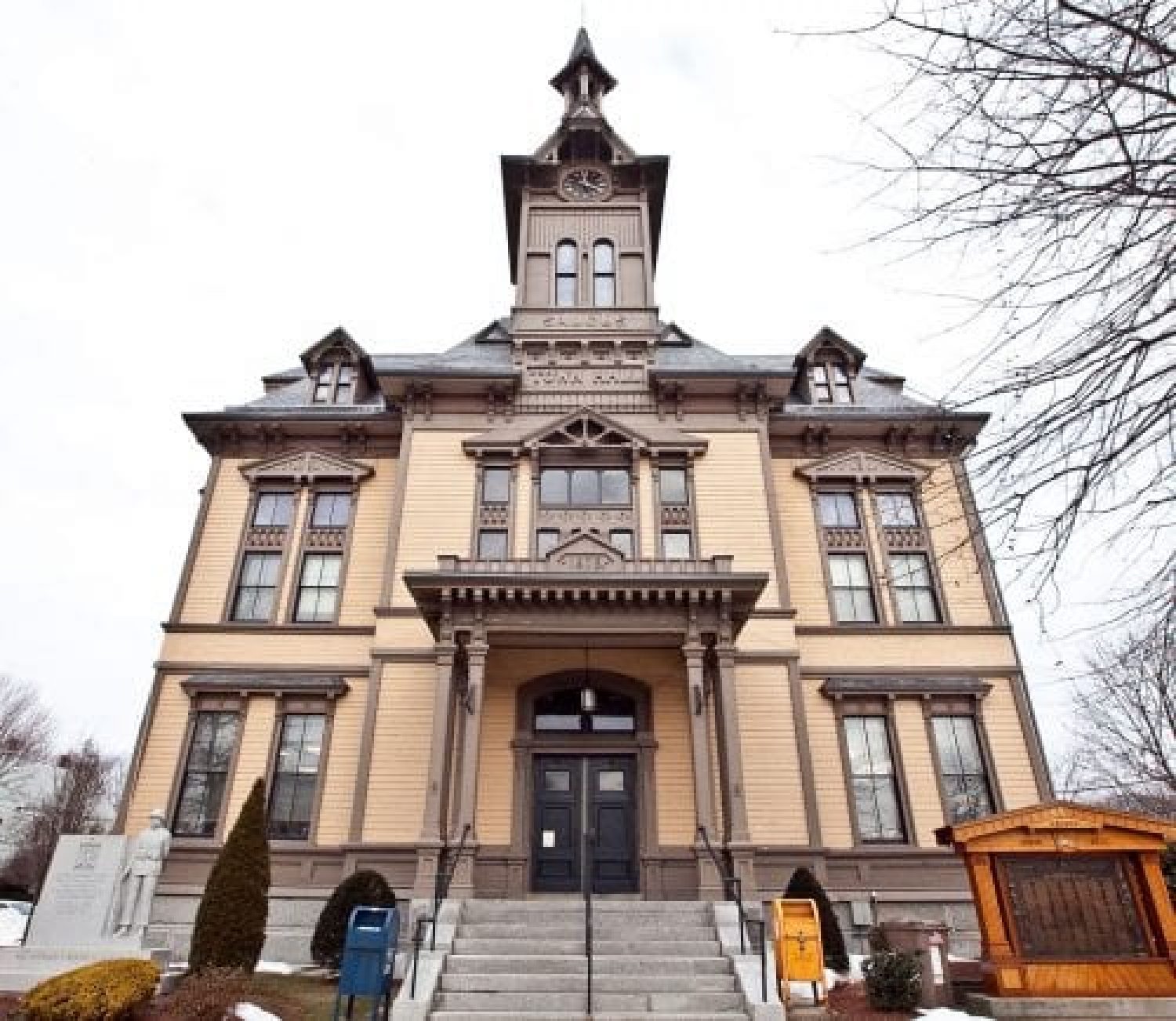SAUGUS — Board of Selectmen Chair Anthony Cogliano believes it’s time for the town to amend its charter and become a city — a complex process with two potential paths, according to Michael Ward, the director of the Edward J. Collins, Jr. Center for Public Management.
Municipalities seeking to amend their charters can do so via a special act or a home rule charter, Ward said, explaining that there are numerous differences between the two processes but both have been employed in the past.
A special act would require someone, likely the Board of Selectmen, to appoint a committee to draft the new charter, which would then have to go before Town Meeting as a warrant article. If the article were approved by Town Meeting, Ward said, the charter would go before the legislature as a home rule petition, where it would have to win approval from both branches before going to the governor’s desk for a signature. From there, the charter would come before town voters for final approval.
Ward said if the charter submitted to the legislature were “pretty standard,” it would likely not face opposition and could pass relatively easily.
That route, said Ward, provides more “flexibility” for municipalities and would be “a lot faster.” But, he said, it presents “more wild cards.”
“You do have to have buy-in from both branches of the current government that this is the right change to make,” he said. “You got to have the legislature’s buy-in, which, if it’s a standard charter, you’re probably going to get, but even that is not assured. The legislature can do what it wants, and they could decide not to move forward, and then that would be the end of it.”
The other route available to municipalities is electing a home-rule charter commission, Ward said. To get the creation of the commission on the ballot, those interested must collect the signatures of 15 percent of town voters. Then, voters would be tasked with electing nine members to the commission. Those positions would be at-large, and any resident could run to become a member, he said.
From there, the commission would be given 16 months to produce a preliminary report, which would go to the attorney general’s office for review. The attorney general would have four weeks to review the draft charter to ensure it complies with state law and send it back to the commission. The commission would then have an additional month to update the charter before distributing it to residents.
The charter would then go before voters at the next regularly scheduled election, where it would receive final approval or disapproval.
While the two paths differ tremendously, Ward noted that in either scenario the final decision is up to voters.
“The end step in both is the voters. It’s important for people to understand [that],” he said.
Ward said historically one path has not been more prevalent than the other.
Saugus would be far from the first municipality to make the switch. North Attleboro, Amherst, Framingham and East Longmeadow have all done so recently, according to Ward.
With a population of roughly 28,000 people, Saugus would be a small city, particularly in comparison to its neighbors. Lynn has a population of more than 100,000 people, and adjacent Revere’s population is nearly 60,000. But, Melrose — which shares a border with Saugus — has a population of 29,312, according to U.S. Census data.
To that end, the communities that have made the switch in recent years are of varying sizes. Saugus is more populous than East Longmeadow and comparable in size to North Attleboro. Amherst’s population is close to 40,000, while Framingham has a population in excess of 70,000.
The point at which towns tend to petition to become cities ranges between a population of 25,000 to 45,000, according to the Division of Local Services (DLS).
One of Cogliano’s key arguments was the idea that Saugus has “outgrown” its current form of government — and certainly will by the time development projects along Route 1 are completed.
In a July 2016 newsletter on this topic, DLS wrote, “Generally speaking, towns begin to consider petitioning the state to transform to a city form of government when the traditional, organizationally flatter, and less legislatively nimble town model increasingly strains to effectively manage fiscal complexities, economic development, and service demands.”
Saugus’ current charter establishes a town manager form of government, which empowers Town Manager Scott Crabtree to serve as the chief executive. If the town were to amend its charter and become a city, an elected mayor would assume this role.
The manager is currently appointed by the Board of Selectmen, with the votes of three members required to hire a manager and four to fire one.
Cogliano has said he believes a mayor would be more accountable to residents.
“The mayor has to answer to all the residents and not just keep two members of the Board of Selectmen happy,” he told The Item.
Ward explained that the different processes have different timelines, though he emphasized the need for any municipality to implement a “very deliberate transition period” lasting a “minimum” of a couple months.
“It’s a huge change,” he said. “A charter that is transitioning a municipality from a town to a city is going to have a very long transition provision section.”
That section of the charter, he said, would spell out “the process of how the legislative branch goes from town meeting to [city] council and how the executive goes from a select board to … mayor.”
“In theory, I mean, it could be quick, but it’s in practice, it’s generally not because there’s so much to do,” he said.
Cogliano said he would like to see Saugus hold its first election for mayor in 2025, when Crabtree’s current contract is set to expire and the terms of the winners of this November’s town elections will run out.

